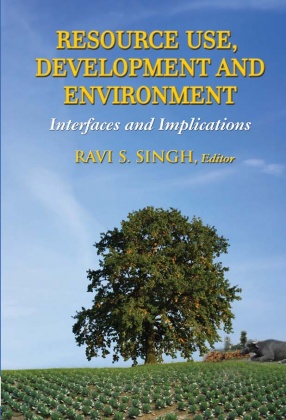Humans take more than their geological share of water, but they do not benefit from it equally. This imbalance has created an era of intense water scarcity that affects the security of individuals, states, and the global economy. For many, this brazen water grab and the social inequalities it produces reflect the lack of a coherent philosophy connecting people to the planet. Challenging this view, Jeremy Schmidt shows how water was made a “resource” that linked geology, politics, and culture to American institutions. Understanding the global spread and evolution of this philosophy is now key to addressing inequalities that exist on a geological scale.
This book details the remarkable intellectual history of America’s water management philosophy. It shows how the ways we think about water reflect specific public and societal values. It illuminates the process by which the American approach to water management came to dominate the global conversation and ultimately shaped programs of global governance that today connect water resources to the Earth system.
Contents: Introduction: Entering a New Era of Water Management. I. Abundance: 1. First Water, Then the World. 2. Laissez-Faire Metaphysics.3. Managing Water for “the People”. II. Scarcity: 4. America’s Post-colonial Model of Development. 5. The Space of Scarcity. III. Security: 6. The Globalization of Normal Water. 7. Securing the Water-Energy-Food-Climate Nexus. IV. Rethinking the Anthropocene : 8. The Anthropocene and the Naturalization of Process. 9. Thinking Ecologically in an Age of Geology. Conclusion: Water in the Anthropocene. Notes. Bibliography.





There are no reviews yet.